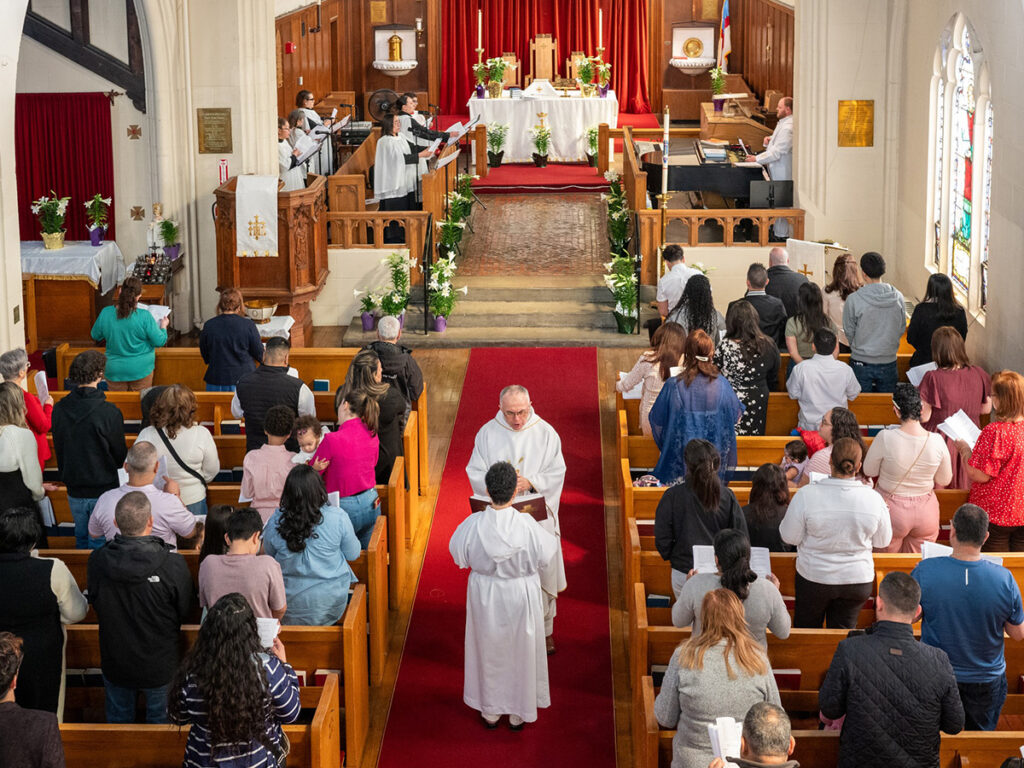Our Funds include the Stock Fund, Income Fund, and Fossil Free Fuel Fund.
Investment Offerings
The investment objective of the Funds is to preserve its purchasing power (after expenses, spending, and inflation) while providing a stable funding source to support the current and future mission of Diocesan parishes and affiliated organizations.
Three investment options are available to participant organizations: a Stock Fund and an Income Fund, which are both actively managed, and a passively managed Fossil-Fuel-Free Fund. To achieve its investment objective, the Funds are allocated across asset classes. Read more about the current asset allocation policy, set by TOD’s Investment Committe in our Investment Policy.
